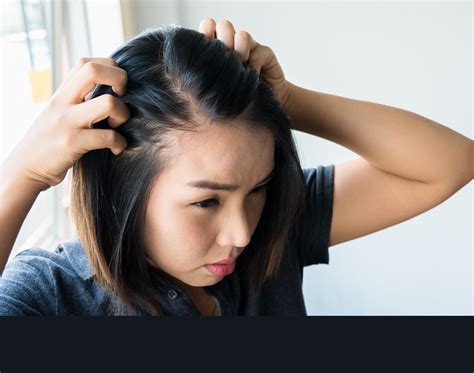Losing hair on top of the head is a common problem that affects millions of people worldwide. While it can be frustrating and embarrassing, it’s important to remember that you’re not alone. In fact, hair loss is so common that it’s estimated that about 50% of men and 25% of women will experience some degree of hair loss by the age of 50.

There are a number of different factors that can contribute to hair loss on top of the head, including genetics, hormones, and stress. In some cases, hair loss may also be a sign of an underlying medical condition.
If you’re concerned about hair loss on top of your head, it’s important to see a doctor to rule out any underlying medical conditions. Once any medical conditions have been ruled out, your doctor can recommend a treatment plan that’s right for you.
There are a number of different treatments available for hair loss on top of the head. Some of the most common treatments include:
- Minoxidil (Rogaine): Minoxidil is a topical medication that is applied to the scalp. It works by increasing blood flow to the hair follicles, which can help to promote hair growth.
- Finasteride (Propecia): Finasteride is an oral medication that is taken once a day. It works by blocking the production of dihydrotestosterone (DHT), a hormone that can cause hair loss.
- Laser therapy: Laser therapy is a non-invasive treatment that uses low-level lasers to stimulate hair growth.
- Platelet-rich plasma (PRP): PRP is a treatment that uses the patient’s own blood to promote hair growth.
- Scalp micropigmentation: Scalp micropigmentation is a cosmetic procedure that involves tattooing tiny dots onto the scalp to create the appearance of hair.
While there is no guaranteed way to prevent hair loss on top of the head, there are a number of things you can do to reduce your risk, including:
- Maintain a healthy weight: Obesity can increase your risk of hair loss.
- Eat a healthy diet: A diet that is rich in fruits, vegetables, and whole grains can help to promote healthy hair growth.
- Get regular exercise: Exercise can help to improve blood circulation to the scalp, which can promote hair growth.
- Manage stress: Stress can trigger hair loss. Finding ways to manage stress can help to reduce your risk of hair loss.
- Avoid smoking: Smoking can damage hair follicles and lead to hair loss.
-
What causes hair loss on top of the head?
There are a number of different factors that can contribute to hair loss on top of the head, including genetics, hormones, and stress. In some cases, hair loss may also be a sign of an underlying medical condition. -
Is hair loss on top of the head permanent?
In some cases, hair loss on top of the head can be permanent. However, there are a number of treatments available that can help to slow or stop hair loss, and even promote hair growth. -
What are the best treatments for hair loss on top of the head?
The best treatments for hair loss on top of the head will vary depending on the individual. Some of the most common treatments include minoxidil, finasteride, laser therapy, PRP, and scalp micropigmentation. -
How can I prevent hair loss on top of the head?
While there is no guaranteed way to prevent hair loss on top of the head, there are a number of things you can do to reduce your risk, including maintaining a healthy weight, eating a healthy diet, getting regular exercise, managing stress, and avoiding smoking. -
When should I see a doctor about hair loss on top of the head?
You should see a doctor about hair loss on top of the head if you are concerned about the amount of hair you are losing, or if you have any other symptoms, such as itching, burning, or pain.
Hair loss on top of the head can be a frustrating and embarrassing problem. However, it’s important to remember that you’re not alone. There are a number of treatments available that can help to slow or stop hair loss, and even promote hair growth. If you’re concerned about hair loss on top of your head, talk to your doctor to discuss the best treatment options for you.
